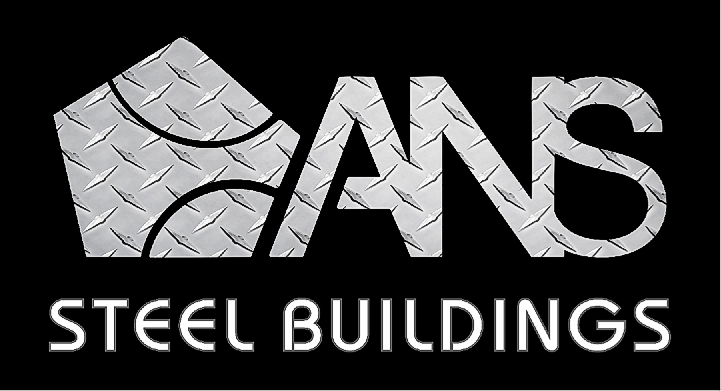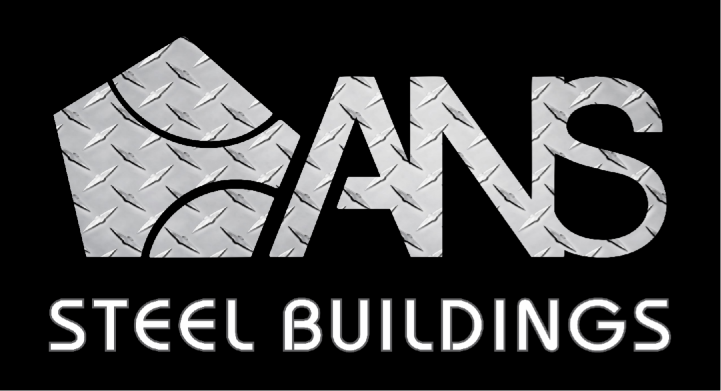Your metal carport guide: what is a carport, do you need one?
When it comes to protecting your vehicles or providing additional covered space, a metal carport can be an excellent solution. Whether you're a homeowner or a business owner, understanding what a carport is and determining if you need one is crucial. In this comprehensive guide, we'll delve into the world of metal carports, exploring their purpose, benefits, and factors to consider before investing in one. By the end of this article, you'll have a clear understanding of carports and be better equipped to make an informed decision about whether a metal carport is right for you.
What Is a Carport?
A carport is a covered structure designed to provide protection for vehicles from the elements. It typically consists of a roof supported by posts or columns, leaving the sides open. The primary purpose of a carport is to shield vehicles from various weather conditions, such as sun exposure, rain, snow, and hail.
Carports are characterized by their open-sided design and simple structure. They typically include posts or columns, a roof, and optional side panels or enclosures. The roof can be designed in different styles, including flat roofs, gable roofs, or even cantilevered roofs. The choice of materials, such as steel or aluminum, also plays a significant role in the carport's construction and durability.
Carports come in various configurations to suit different needs and preferences. Some common types include attached carports, freestanding carports, cantilevered carports, flat roof carports, and gable roof carports. Each type offers distinct advantages and may be suitable for specific applications.
Advantages of Metal Carports
Protection from the Elements
One of the significant benefits of metal carports is their ability to shield vehicles from the elements. They provide a protective barrier against sun exposure, preventing UV damage to paint and interiors. Carports also offer shelter from rain, snow, and hail, preventing potential water damage, rust, or dents.
Versatility and Multi-Purpose Use
Metal carports are versatile structures that can serve various purposes beyond vehicle protection. They can be used as outdoor entertainment areas, providing a covered space for gatherings, barbecues, or parties. Carports can also serve as additional storage space for outdoor equipment, garden tools, or even as a shelter for RVs, boats, or trailers.
Durability and Longevity
Metal carports are known for their durability and longevity. Constructed from high-quality steel or aluminum, they are resistant to rot, decay, and insect damage. Unlike traditional wooden structures, metal carports require minimal maintenance, making them a cost-effective and long-lasting investment.
Cost-Effectiveness
Metal carports offer cost-effective solutions for vehicle protection and additional covered space. They have affordable initial investments compared to constructing garages or other permanent structures. Furthermore, carports can potentially save on vehicle maintenance costs by reducing exposure to harsh weather conditions.
Factors to Consider Before Buying a Metal Carport
Local Building Codes and Regulations
Before purchasing a metal carport, it's crucial to familiarize yourself with local building codes and regulations. Some areas may require permits or have zoning restrictions regarding carport installations. Additionally, understanding wind and snow load requirements is essential to ensure the carport can withstand your region's weather conditions.
Size and Space Requirements
Determining the right size for your carport is crucial. Consider the number and size of vehicles you need to shelter, as well as any additional space requirements. Measure the available space on your property to ensure the carport fits comfortably without encroaching on other structures or impeding movement.
Material Options
Metal carports are typically constructed using steel or aluminum. Both materials have their advantages and considerations. Steel carports are known for their strength and durability, making them suitable for heavy-duty applications. Aluminum carports, on the other hand, are lightweight and resistant to corrosion, making them ideal for coastal areas or regions with high humidity.
When choosing between steel and aluminum, consider factors such as budget, intended use, and the climate of your location. Additionally, gauge and thickness considerations play a role in determining the strength and longevity of the carport. Thicker gauges generally offer better durability but may come at a higher cost.
Customization and Design
Metal carports can be customized to suit your aesthetic preferences and functional needs. Consider the various design options available, such as different roof styles (flat, gable), color choices, and finishes. Additionally, think about any additional features you may require, such as side panels, enclosures, or integrated storage options. Customization allows you to tailor the carport to your specific requirements.
Installation Process
Before purchasing a metal carport, assess whether you prefer a DIY installation or hiring professionals for the job. DIY installation can save costs but requires adequate knowledge, tools, and time for proper assembly. Professional installation ensures a seamless and efficient process, but it comes with additional expenses. Additionally, consider the foundation requirements for the carport, as it may vary based on factors like soil type and local building codes.
Maintenance and Care
While metal carports are generally low maintenance, regular care is still necessary to ensure their longevity. Cleaning and washing the carport periodically help remove dirt, debris, and prevent the buildup of corrosive substances. Regular inspections should be conducted to identify any signs of damage, such as rust or loose fasteners. Prompt repairs and necessary upgrades are essential to maintain the carport's structural integrity and functionality.
Do You Need a Metal Carport?
Residential Considerations
Consider your residential needs when evaluating whether a metal carport is necessary. If you own vehicles that are exposed to the elements, such as cars, motorcycles, or bicycles, a carport can provide protection and extend their lifespan. A carport can also serve as an additional covered space for outdoor activities, such as hosting gatherings or providing a shaded area for children to play. If you have recreational vehicles like RVs, boats, or trailers, a carport can provide shelter and keep them in good condition.
Commercial Applications
For businesses, metal carports offer practical solutions as well. Companies with a fleet of vehicles or equipment can benefit from a carport by providing shelter and safeguarding their assets. Carports can also be used to create covered loading and unloading areas, protecting goods and personnel from adverse weather conditions. Additionally, businesses with outdoor workspace needs, such as construction sites or outdoor markets, can utilize carports to extend their operational area.
Factors Influencing the Decision
Several factors influence the decision to invest in a metal carport. Firstly, consider the climate and weather conditions in your area. If you experience extreme temperatures, heavy rainfall, or high winds, a carport can offer significant protection. Secondly, evaluate your available budget. Carports provide a cost-effective alternative to constructing permanent structures like garages. Lastly, assess your long-term plans and needs. If you foresee the need for covered space or vehicle protection in the foreseeable future, a metal carport becomes a viable option.
A metal carport can be a valuable addition to your property, providing protection for your vehicles and versatile covered space. By understanding the definition, benefits, and factors to consider, you can make an informed decision about whether a metal carport is the right choice for you.

